Have you ever caught yourself staring at someone who looks effortlessly fit, wondering how they manage it? Maybe they casually mention they’re on a gluten-free diet, and suddenly, it feels like a secret you’re desperate to uncover.
You’re not alone. So many of us have tried every trick in the book to lose weight, yet the results never seem to stick. What if the answer wasn’t in counting calories or endless workouts but in something as simple as rethinking the food we eat? This guide is here to help you explore the gluten-free lifestyle and how it might just be the game-changer you’ve been searching for.
What Is a Gluten-Free Diet?
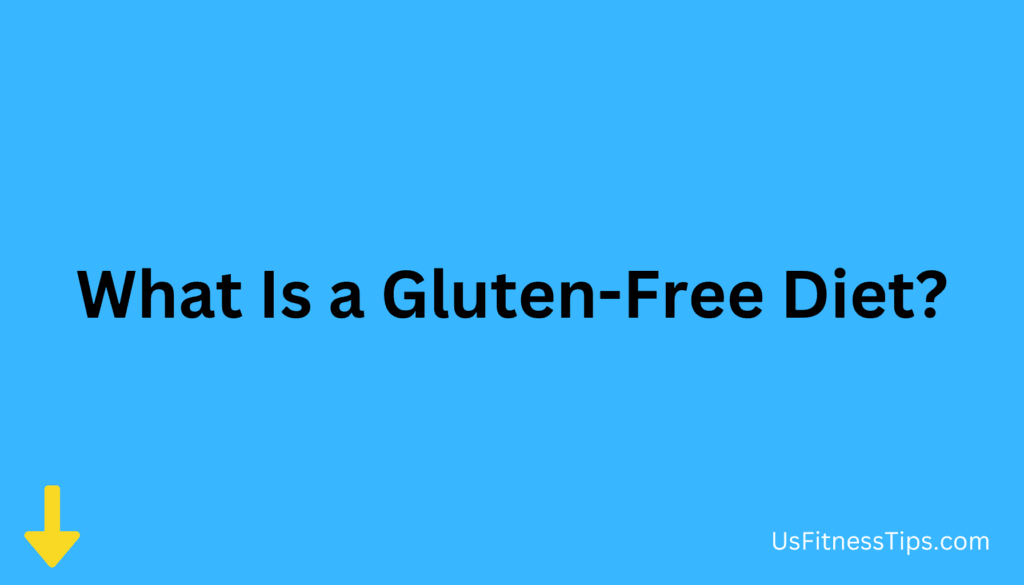
Let’s start with the basics. Gluten is a one type of protein. It is found in wheat, barley, and rye. It’s what gives bread that chewy texture. People with conditions like celiac disease or gluten sensitivity need to avoid it completely because it can trigger some serious health issues.
For others, going gluten-free has become a popular choice. But here’s the catch: cutting out gluten doesn’t automatically mean weight loss. It’s about what you eat instead. That’s where we’re headed next!
Can a Gluten-Free Diet Help with Weight Loss?
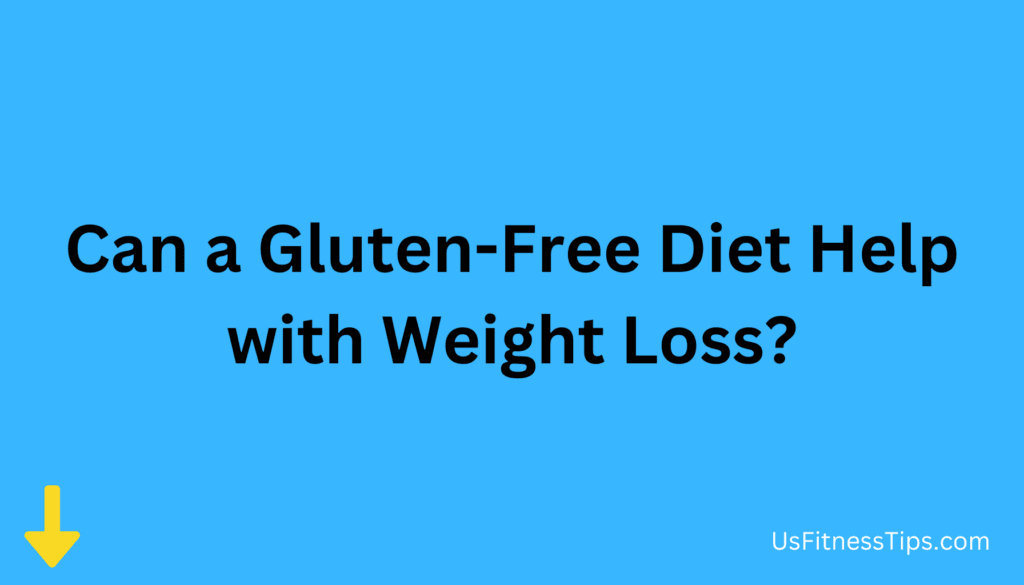
The short answer? Yes, but with a big “it depends.” Here’s why:
- You might eat fewer processed carbs. A gluten-free diet can encourage healthier choices like veggies, lean proteins, and gluten-free grains.
- You’re more mindful about food. Avoiding gluten forces you to check labels and think about what you’re eating, which can naturally lead to better habits.
But there’s a downside too. Some gluten-free products (hello, gluten-free cookies) are packed with sugar and calories. So, it’s all about making smart choices.
Benefits of a Gluten-Free Diet Beyond Weight Loss
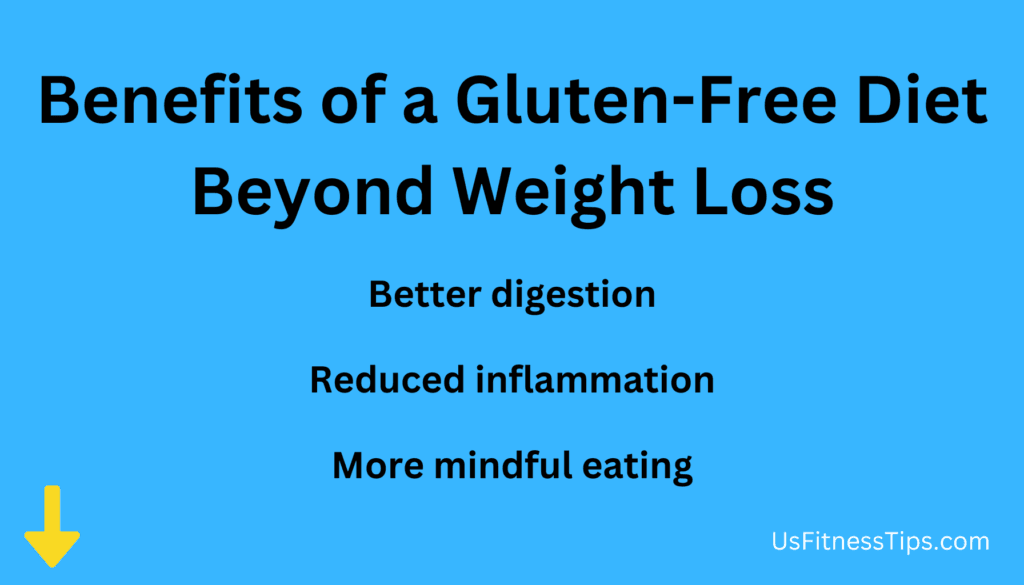
Even if weight loss is your main goal, there are other perks to going gluten-free:
- Better digestion: If you’ve been bloated or dealing with stomach issues, this diet might help, especially if gluten was the culprit.
- Reduced inflammation: For some, cutting gluten means fewer aches, pains, or skin flare-ups.
- More mindful eating: You’ll naturally pay more attention to what you’re putting on your plate.
credit:Dr. Jen Caudle
Challenges of Losing Weight on a Gluten-Free Diet
It’s not all smooth sailing, though. Here are some challenges to watch out for:
- Gluten-free junk food: Just because it says “gluten-free” doesn’t mean it’s healthy. Many packaged options are loaded with sugar and fats.
- Nutrient gaps: Wheat-based foods often come fortified with nutrients like iron and B vitamins. You’ll need to make sure you’re getting enough from other sources.
- Higher costs: Gluten-free products can be pricey. But sticking to whole foods like rice, potatoes, and veggies keeps it affordable.
How to Effectively Lose Weight with a Gluten-Free Diet

Here’s where things get practical. Follow these steps to make your gluten-free diet work for weight loss:
- Stick to whole foods: Focus on naturally gluten-free options like fresh fruits, veggies, lean proteins, and grains like quinoa or brown rice.
- Limit processed foods: Gluten-free cookies and chips might be tempting, but they won’t help with weight loss.
- Plan balanced meals: Think protein, fiber, and healthy fats. For example, grilled chicken with roasted veggies and quinoa makes a great dinner.
- Watch portions: Even healthy foods can add up in calories if you overdo it.
- Stay active: Pair your diet with regular exercise for the best results.
Food to Eat and Food to Avoid in Gluten-Free Diet
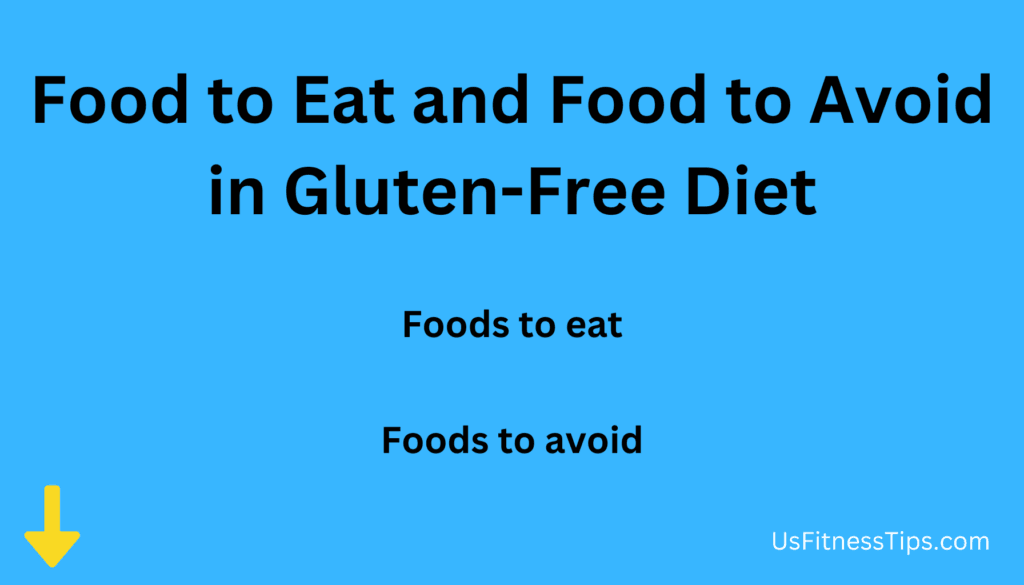
Foods to eat:
- Fruits and vegetables
- Lean proteins like chicken, fish, and eggs
- Gluten-free grains like quinoa, rice, and corn
- Nuts, seeds, and legumes
Foods to avoid:
- Anything with wheat, barley, or rye (bread, pasta, cakes)
- Hidden gluten in sauces, dressings, or processed snacks
- Fried foods coated in flour
Tips for Dining Out and Traveling Gluten-Free
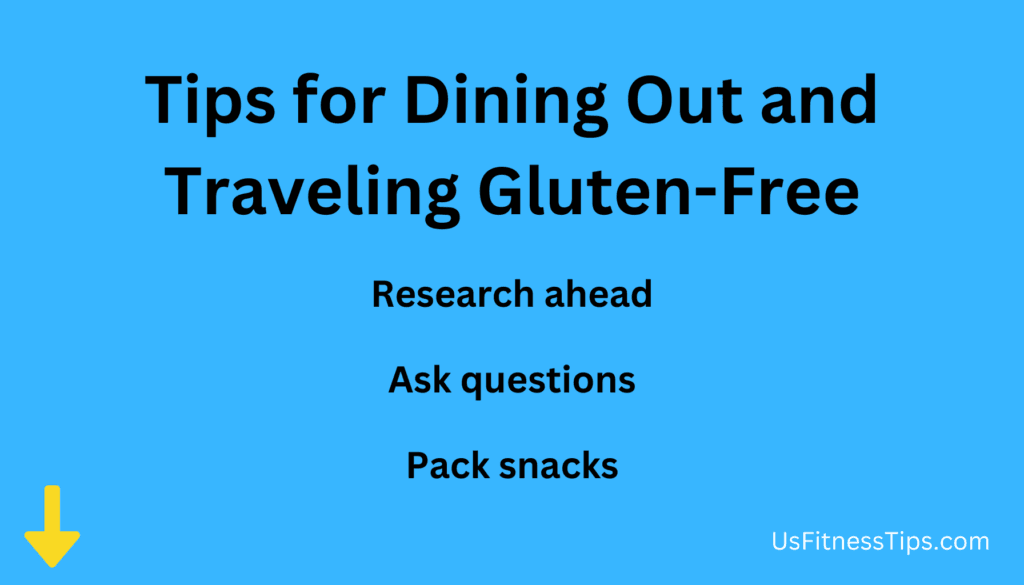
Sticking to your diet while dining out or traveling can feel tricky, but it’s doable:
- Research ahead: Look up gluten-free options before heading out.
- Ask questions: Don’t hesitate to ask the waiter about how food is prepared.
- Pack snacks: Always have something like gluten-free protein bars or nuts on hand for emergencies.
Common Mistakes to Avoid
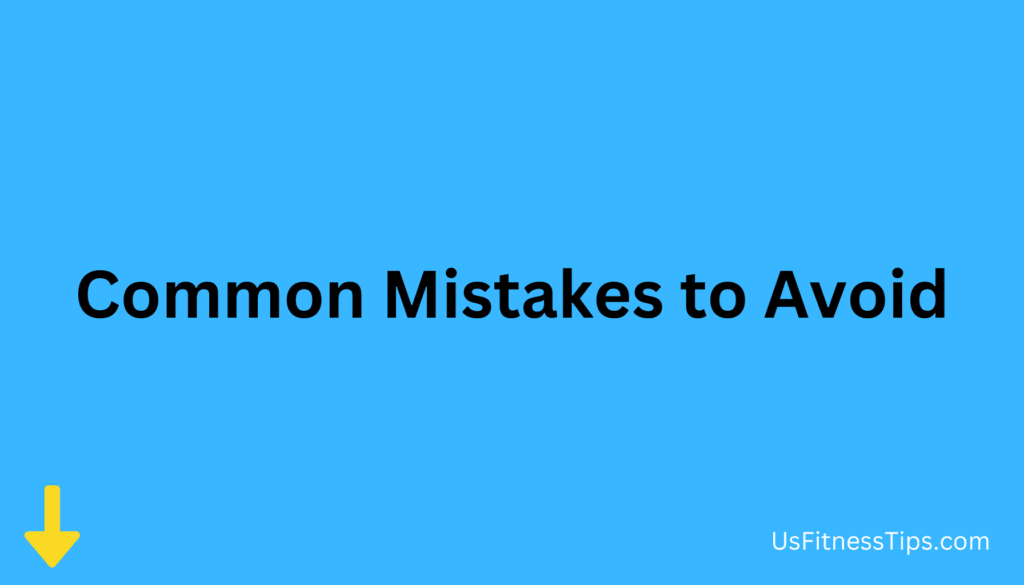
Here are a few things that could derail your progress:
- Relying on processed gluten-free foods. Processed gluten-free foods are often packed with calories and sugar.
- Ignoring cross-contamination. Even tiny amounts of gluten can be harmful if you’re sensitive.
- Overeating gluten-free carbs. Just because it’s gluten-free doesn’t mean you can eat unlimited amounts.
FAQs About Gluten-Free Diets and Weight Loss
1. Can I lose weight faster on a gluten-free diet?
Not necessarily. Weight loss depends more on your overall calorie intake and activity level than just avoiding gluten.
2. Do gluten-free diets work for everyone?
No. Some people might feel better on this diet, but it’s not a one-size-fits-all solution.
3. Are gluten-free foods always healthier?
Nope. Many gluten-free snacks are highly processed. Stick to natural foods when possible.
Conclusion
A gluten-free diet can absolutely help with weight loss if you do it the right way. Focus on whole, natural foods, watch your portions, and avoid the gluten-free junk. Remember, it’s about balance and consistency.




